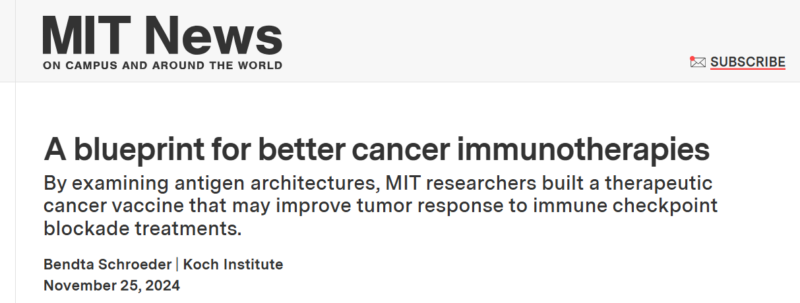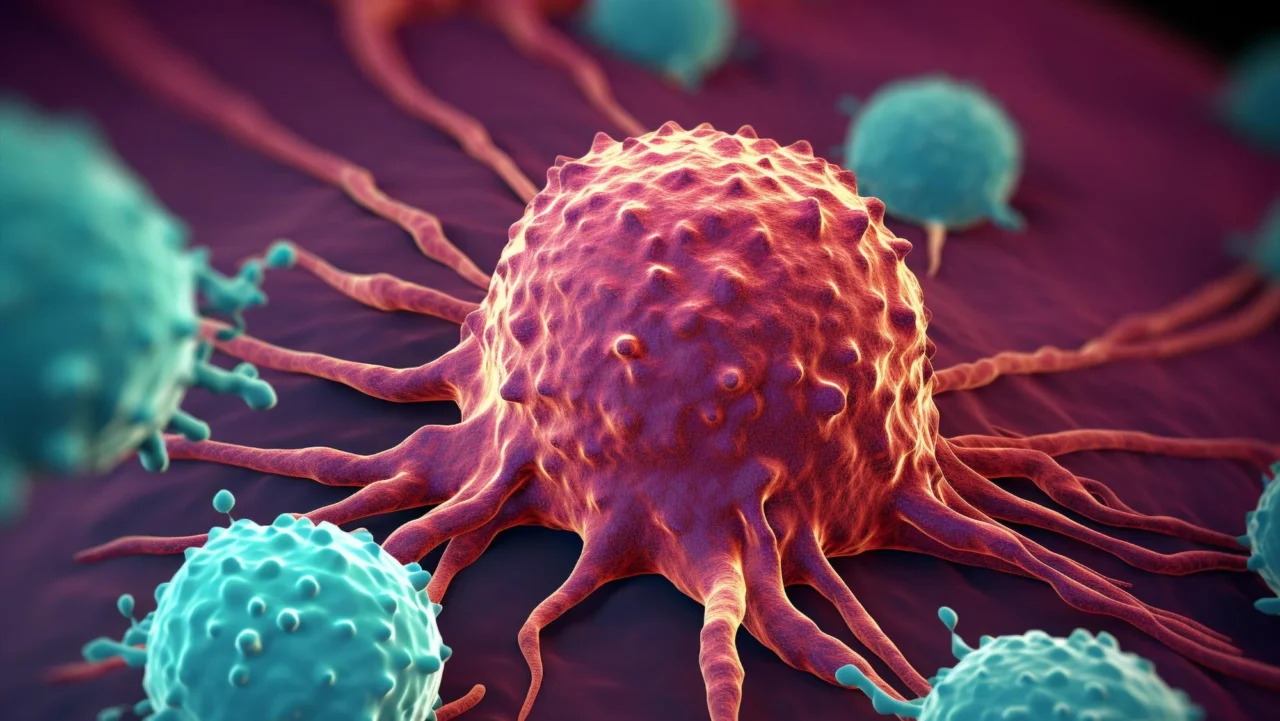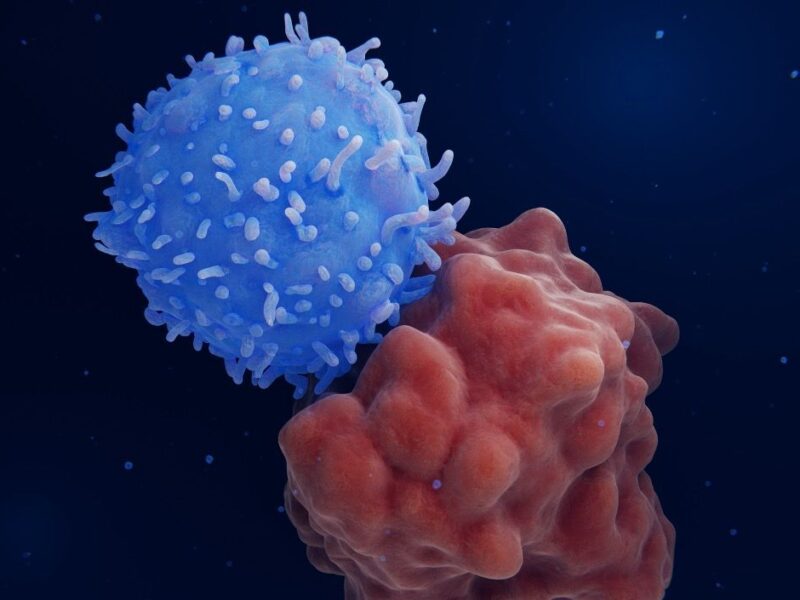Immune checkpoint blockade (ICB) therapies have shown remarkable efficacy against certain cancers by enabling the immune system to recognize and attack cancer cells that disguise themselves as healthy cells.
T cells are designed to target specific pathogens or cancer cells by identifying short protein fragments, or antigens, displayed on their surfaces. Healthy cells do not present the same fragments, allowing them to avoid immune detection.
In a recent study, titled “A blueprint for better cancer immunotherapies” published on MIT News, MIT researchers analyzed antigen expression patterns and T cell responses to better understand why tumors with heterogeneous antigen expression respond poorly to ICB therapies. The team not only identified specific antigen architectures that influence immune responses, but also developed an RNA-based vaccine. When combined with ICB therapies, this vaccine proved effective at controlling tumors in mouse models of lung cancer.

Even when tumor cells display cancer-associated antigens, they can still evade immune attack by presenting checkpoint proteins, which act as “off-switches” for T cells. ICB therapies work by blocking these checkpoint proteins, enabling T cells to attack the tumor.
Research has shown that the way cancer-associated antigens are distributed across a tumor influences how effectively it responds to checkpoint therapies. Tumors with uniform antigen expression across most of their cells tend to respond well, whereas tumors with heterogeneous antigen expression—where different subpopulations of tumor cells display varying antigens—do not. The majority of tumors are heterogeneous in nature, and because the mechanisms driving antigen distribution and tumor response are not fully understood, improving ICB therapy efficacy in these cases has been challenging.




